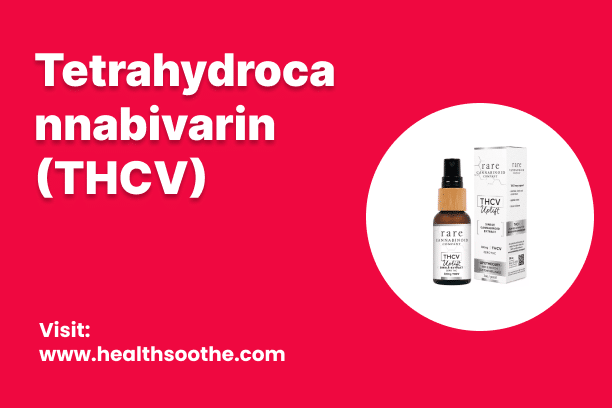Protein bars can give you the energy needed to get through tough workouts and can also tide you over when you have hunger pangs. However, not all bars are made from organic and healthful ingredients.
When manufacturers add artificial ingredients, they do so to cut costs or add more flavor to an otherwise mundane bar. Therefore, before you choose a protein bar, read the ingredient list first.
To ensure you choose the right bar, review an organic bar’s ingredients, such as Dr. Jen’s. This type of bar is not loaded with the stuff that leads to food allergies, inflammation, or stomach upset. The following information will help you avoid those ingredients that keep you from feeling your best.
1. Artificial Additives and Soy
One of the major additives included in protein bars is soy protein isolate (SPI). However, it is better to choose a bar with a whey isolate instead. That is because the isoflavones in soy may be toxic after processing.
Moreover, until recently, SPI was considered a waste material - that is, until makers found they could make more money by using it as an ingredient. A large percentage of soy is derived from genetically modified organisms or GMOs as well. Also, the ingredient is a known allergen.
Alternatively, whey protein is made from cow’s milk, which contains just over 3% protein and about 4% fat. After the milk is pasteurized, manufacturers include enzymes to separate the casein from the milk. The product is further processed to remove additional water, carbs, and fats. The end result is a pure protein-rich ingredient.
2. Sugar Alcohols and Artificial Sweeteners
Stay away from bars that contain sweeteners, such as mannitol, sorbitol, and xylitol. Some people experience irritable bowel syndrome (IBS) when consuming these ingredients. Others may complain of diarrhea or constipation.
3. Artificial Flavorings or Sucralose
Some protein bars contain sucralose, which can cause the bar to taste too sweet or leave a bitter aftertaste. Other bars use artificial flavors to mask problems with taste. Choose a bar that includes natural ingredients, such as cocoa or almond butter, for taste.
4. Preservatives - BHA and BHT
BHA or BHT, when added to a protein bar, is bad for your system. Not only can the preservatives affect neurological functioning, but they are also known oxidants that lead to disease.
5. Chemicals - Emulsifiers that Preserve Shelf
Emulsifiers are chemicals that preserve a product’s shelf life, but they should not be added to protein bars or similar edibles. Emulsifiers are bad, when added to protein bars, as they increase intestinal inflammation. This is because they thin the mucus lining. While a natural emulsifier, such as honey, is not bad for you, you want to avoid the emulsifiers with chemical-sounding names.
6. Fillers Such as Caragreen
Some manufacturers of protein bars fool customers by adding all-natural caragreen. They convince people the ingredient is okay because it is derived from seaweed. However, this filler can trigger stomach bleeding, ulcers, and even cancer.
Final Thoughts on Finding a Protein Bar
All protein bars are not good for you. That is why it is important to read the ingredient listing. You can find a bar that is both nutritious and delicious. To feel your best, your bar should contain superfoods, such as kale or spinach, and organic sweeteners and ingredients. Once you find that ideal bar, you will find the key to better health.








